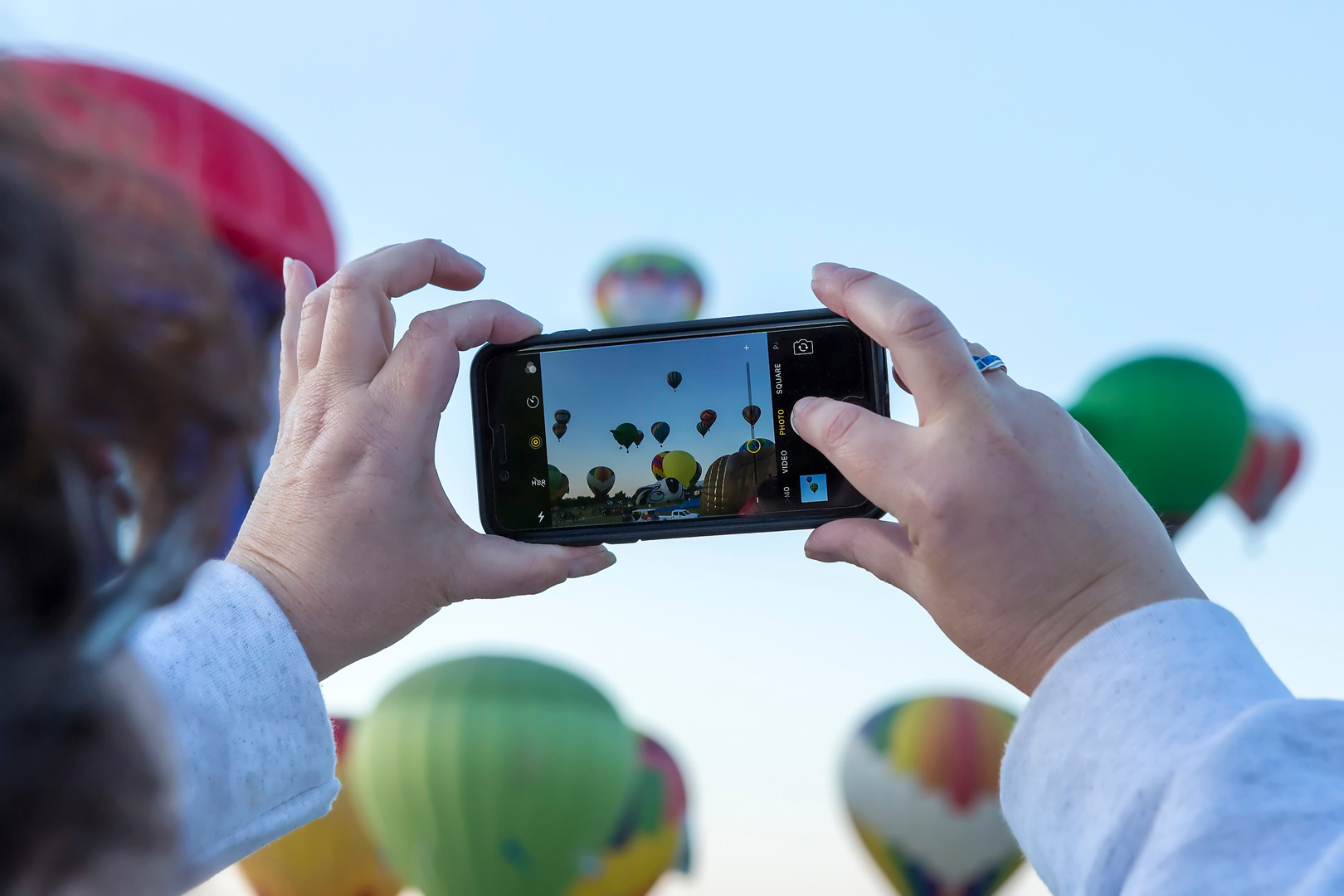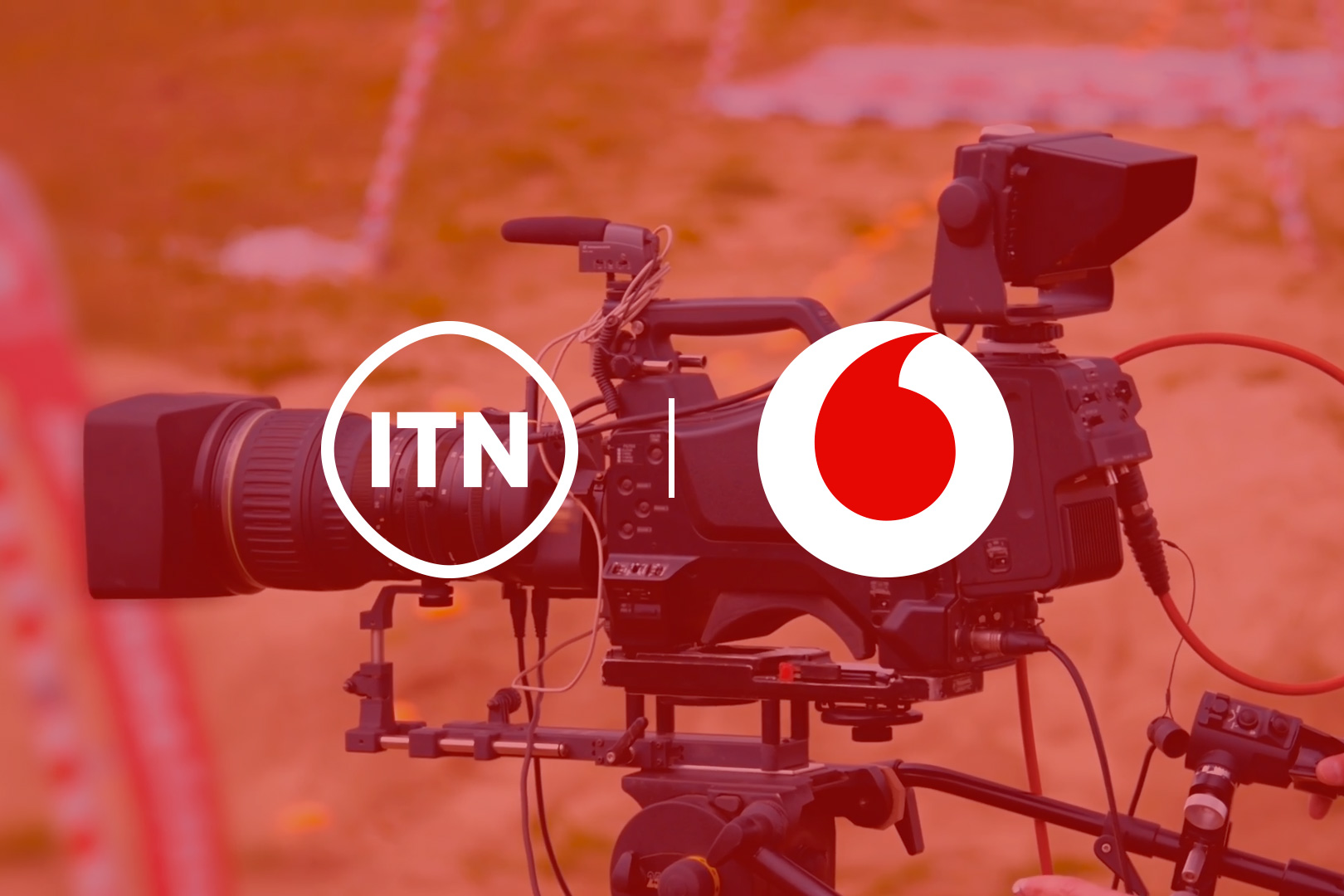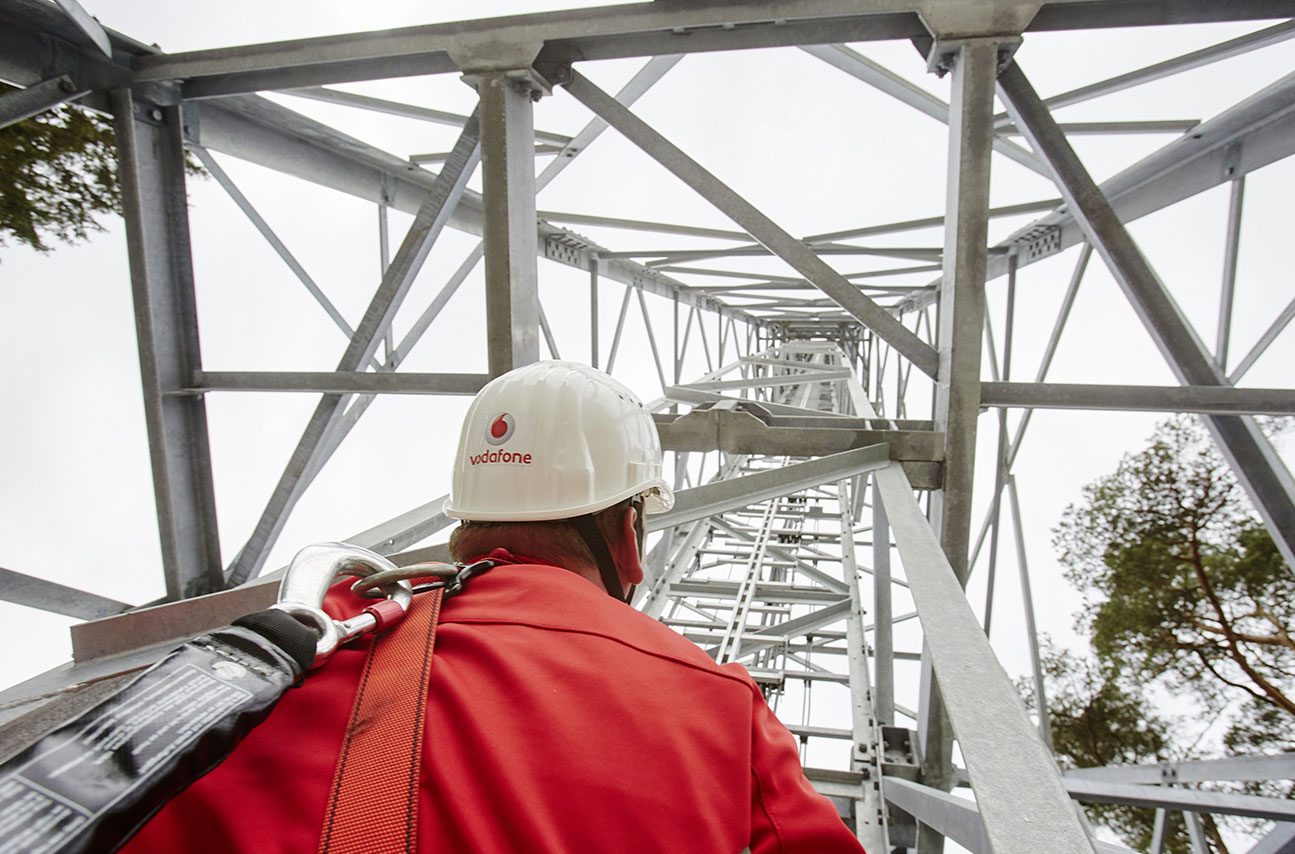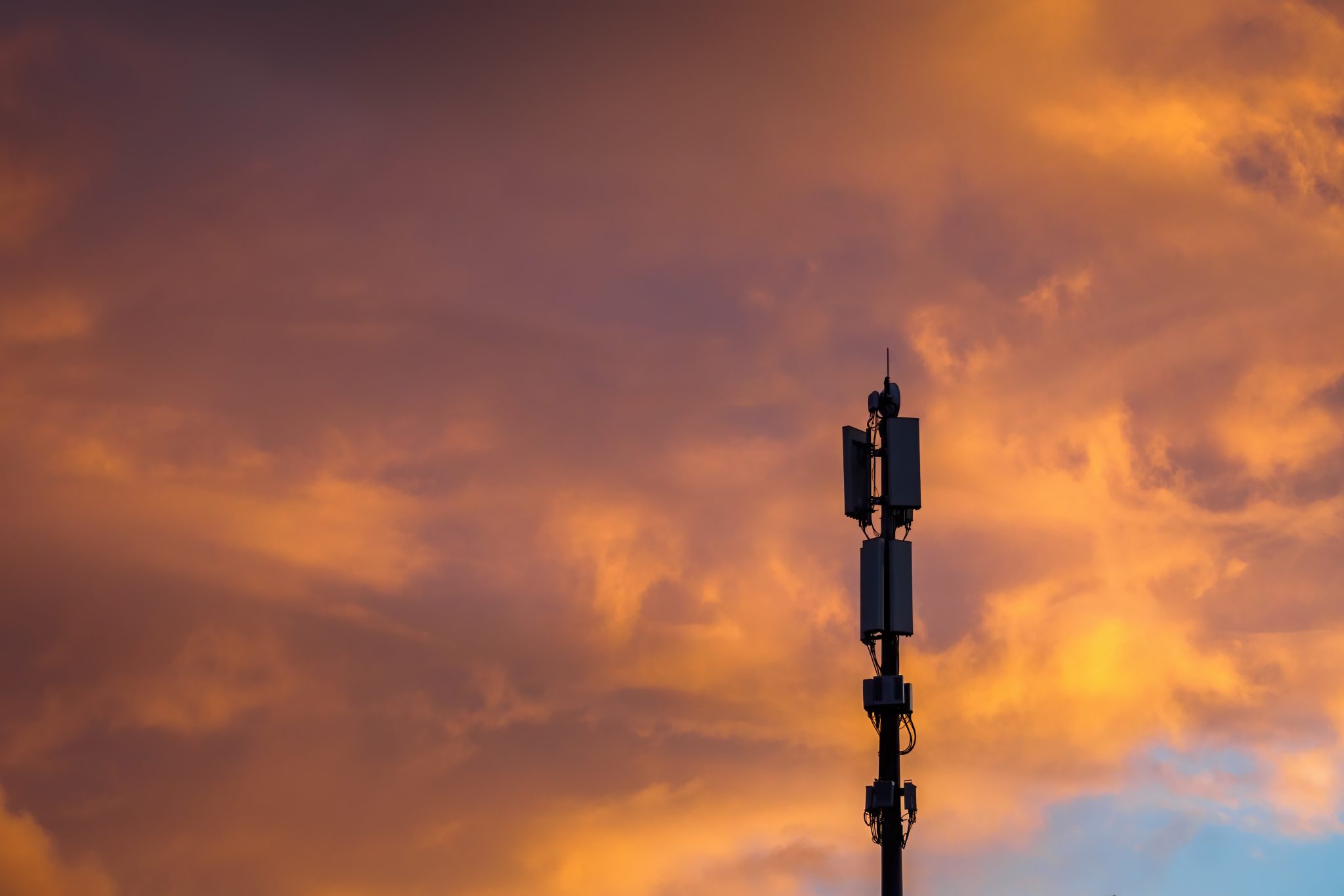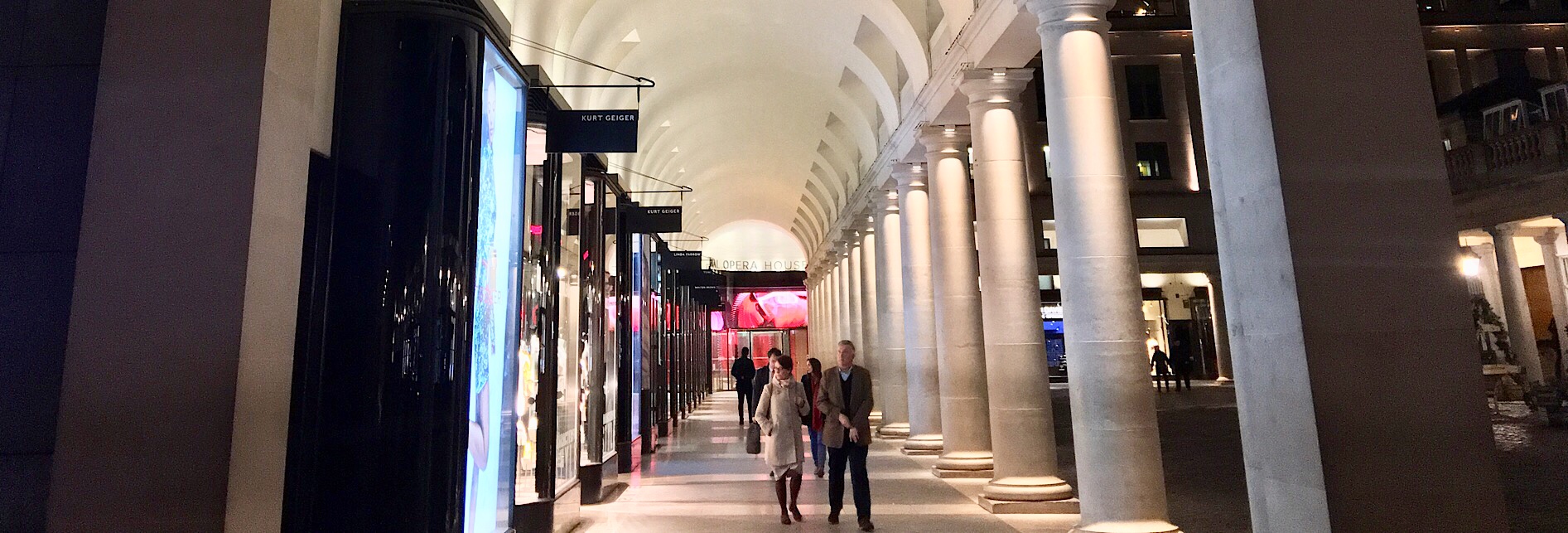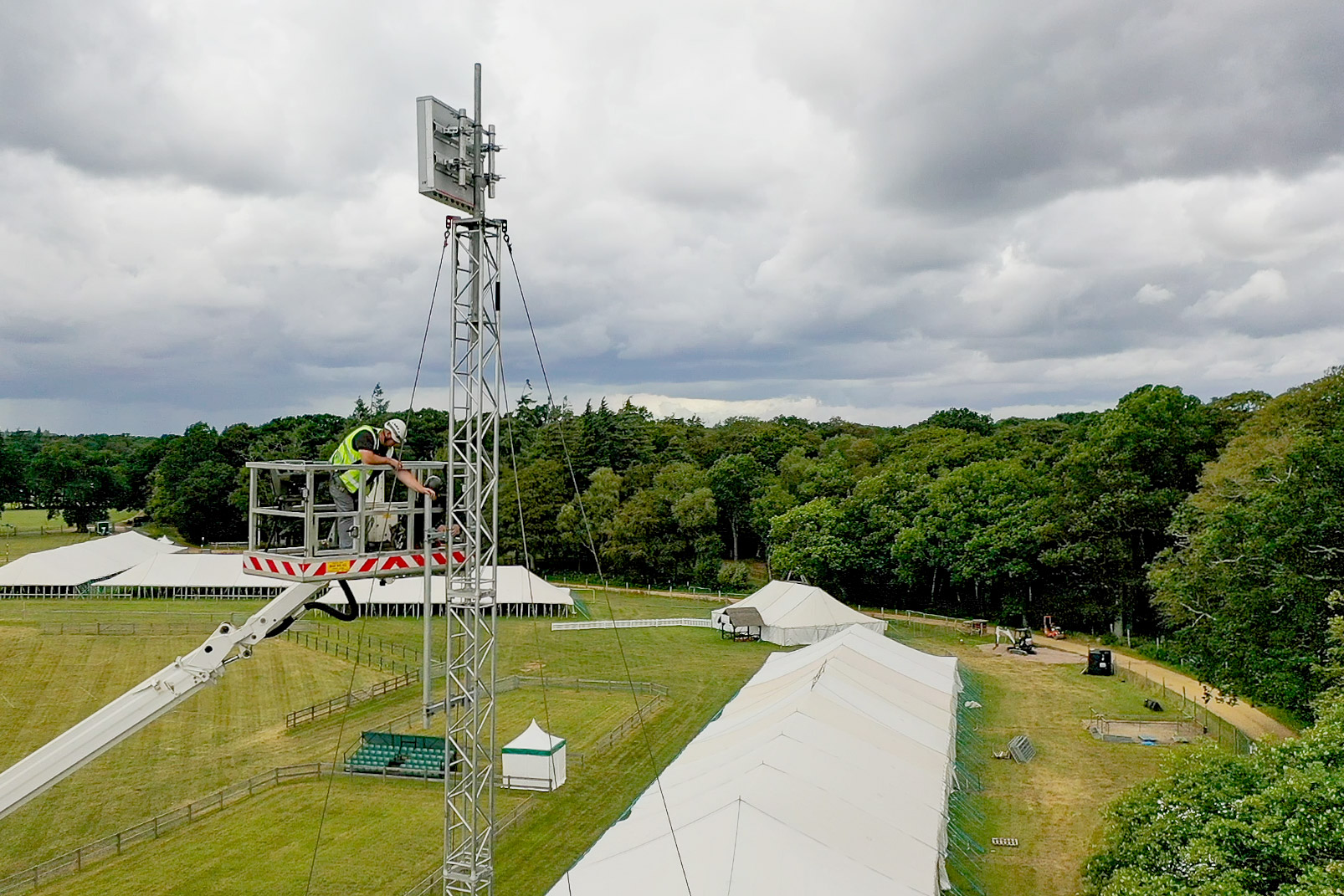
Ensuring special events, from Glastonbury to the Henley Regatta, get mobile signal requires a fleet of special equipment, planning ahead by a year and eagle-eyed monitoring.
“The King’s Coronation – that was a logistical nightmare!” Andrea Dona, Vodafone’s Chief Network Officer in the UK, is as enthused and animated about the challenges of bringing Vodafone mobile signal to special events as he is about the successes.
Both security and aesthetic considerations placed unusually restrictive conditions on where Vodafone could place its masts to ensure that both the public and ITN could get the signal they needed on the big day. “A few metres here, a few hundred metres there, it really impacts your performance,” Andrea explained. While this applies to any locality under everyday circumstances, it’s especially true when there’s a surge of people visiting a small location for just a few hours or days.
The Coronation is just one of over 70 special events in the UK that Vodafone has provided or is providing with mobile coverage during 2023, spanning the length of the country from Scotland to the Isle of Wight.
How COWs quietly wow the crowds
Vodafone’s planning for any given event starts long before the organisers open their doors to the public; up to a year in advance for some city-sized. Surveying the site in question, requesting access from landowners and working out how to get lorry loads of equipment up narrow country roads – these are are serious logistical issues that can’t be left to chance.
Mobile signal at an event will be provided by one or more ‘cells on wheels’, or COWs. A COW is effectively a mobile mast – and its associated equipment – mounted on a trailer manned by a crew of three or four engineers. Setting up a COW can not only require a hoist, crane and/or cherry picker, but also the usual data links, power and a suitable location. This trifecta is tricky enough to secure under everyday circumstances in the UK’s villages, towns and cities – never mind the stadia, fields, valleys, shorelines and other unusual venues that host festivals and other such special events.
For festivals and shows that take place in remote rural locations, short-range microwave radios may be needed. These link the COW to the rest of Vodafone’s network as the usual fibre optic or copper cables often aren’t available or can’t be laid.
But such radio links need to be within line-of-sight of the next mast along to work, so locations need to be reasonably clear of obstructions such as trees and hills – obstructions that can also block the mobile signal from the mast once it’s operational.
While Vodafone may have the pick of locations at events that it has partnered with, that’s not always the case, with space at any given event in high demand for stages, retailers and of course the room needed for audiences and tents.
Powering the COW takes more than running a mere extension lead. If grid power isn’t available, then diesel generators are used. The generators then need to be carefully tended and guarded to ensure they continue working properly and aren’t ‘borrowed’ by either desperate or opportunistic third parties.
Getting a COW up-and-running in a surveyed location can take at least a day, often two to three days. But the work doesn’t stop once it’s powered on. Engineers carefully monitor and adjust the COW’s antennas and other equipment to ensure that it delivers the speeds and capacity that the public expect.

